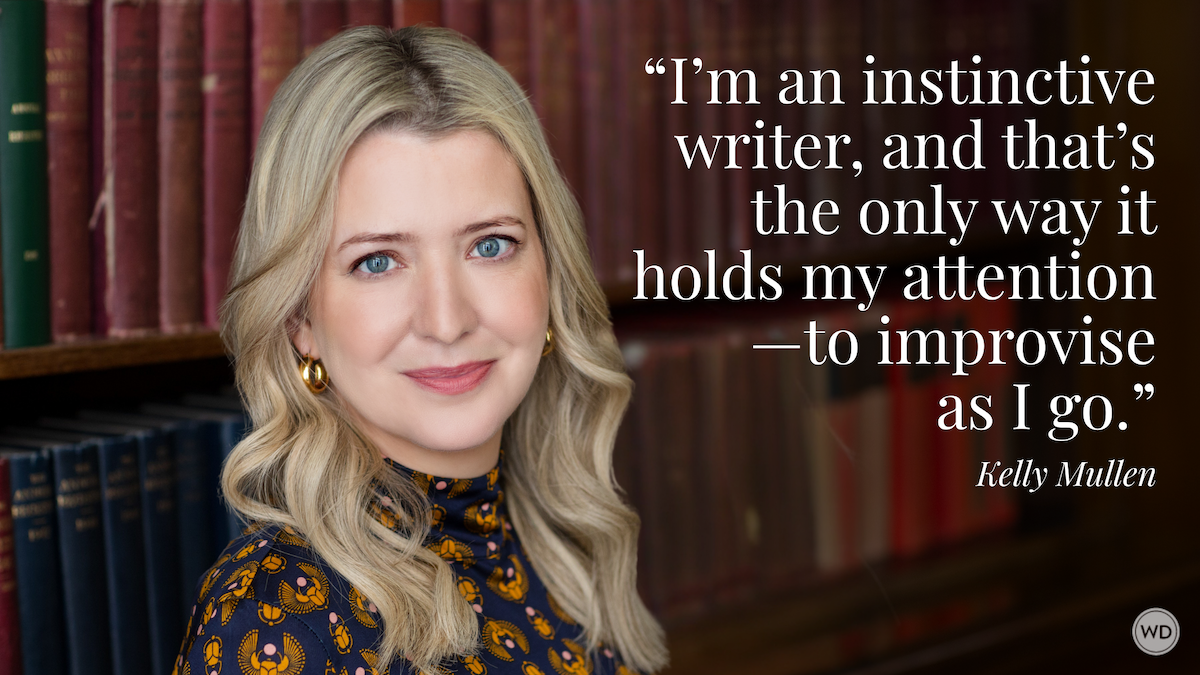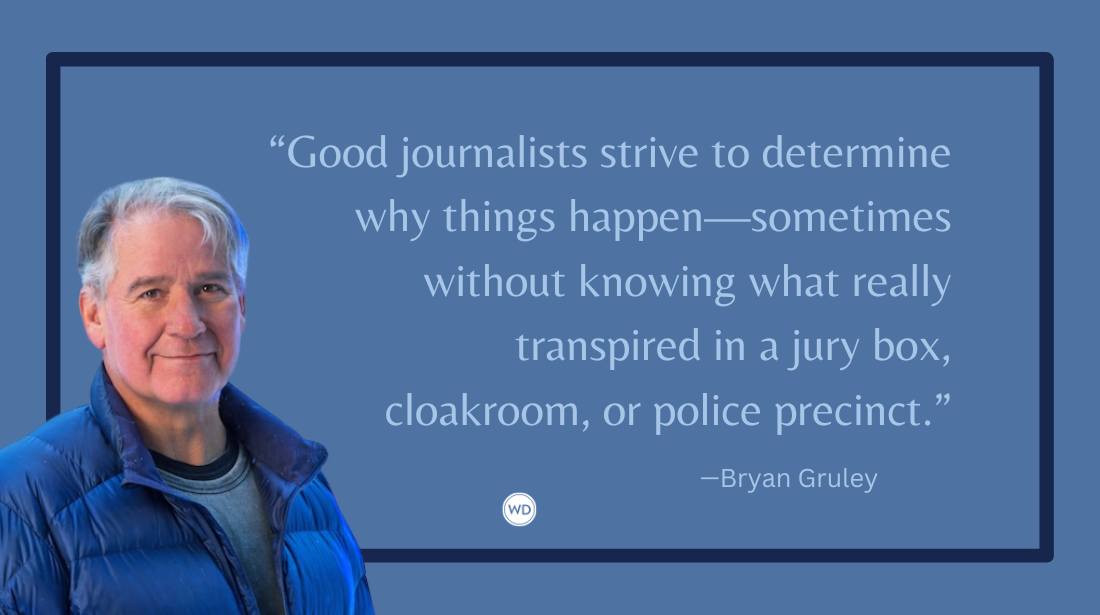5 Tips for Writing a Fantasy Trilogy
Author Nick Martell breaks down the challenges of writing fantasy fiction and offers five tips for writing a fantasy trilogy.
Epic fantasy trilogies can appear daunting and overwhelming after someone decides to write one— since these are widely thought to be three doorstopper-sized novels, back-to-back with complex world-building, expansive and intricate magic systems, and massive political maneuvering featuring multiple countries.
So here are five tips to make the fantastical seem more manageable.
1. Avoid Point of View Creep
There’s an old saying in writing that “POV solves everything” and it’s true. An unsympathetic character? Give them a POV. Villainous character’s motivation doesn’t make sense? Give them a POV. Character from a unique culture that may be hard to identify with? Give them a POV to explain it. But while that advice always works, it can create another issue: POV creep.
If the answer to all problems is to create more POVs, then you can suddenly get stuck with over a dozen POVs that are impossible to manage or might simply make an already long book even longer. Determining which POVs are the most instrumental to the story is important and can save a lot of heartache down the line.
Sometimes that might mean starting with vastly different characters across a country and slowly having them come together. Or it might mean starting with a few characters from the same place before separating them into the wind. Or it might mean just working from a single POV in first person.
The best advice I can give here is to think about the story you want to tell, think about the pros and cons of adding a singular POV, and see if there are other ways to fix the problem before committing. Adding a POV will solve the problem, but it may create others.
2. Be Sure Magic Systems Serve the Story
Right. So, there is a lot of advice on magic systems out there and how to properly create one. Soft or hard. Heavy costs or none. But the most important thing is to make sure your magic system fits the story you want to tell, making sure it’s in service to it rather than hindering it.
What does that mean? Well, mainly that means if you’re writing a hardcore police procedural set in a fantasy world that the criminals use magic in, you need to be able to explain how they did something and why. Heist stories work so well because we see the plan being crafted and then executed. It’s satisfying to see things go awry and then for the protagonists to adapt to the setbacks they face.
IndieBound | Bookshop | Amazon
[WD uses affiliate links.]
If you had a magic system that was looser and could be summed up with “Oh, a wizard did it,” it won’t be compelling or interesting to read those kinds of stories. But something like that can work in different stories where the magic can’t solve everyone’s problems.
It’s great to have a cool magic system that’s interesting, but if it’s creating more problems for you the writer and not the characters, then it might be smart to evaluate the story you’re telling and see if it’s a bad fit. Just because a square peg can’t fit in a triangular hole doesn’t mean it’s bad, just not useful for that situation.
3. Give Characters Unique Characteristics
This is a trick I use a lot, and I’m about to give away one of my secrets, but it’s very useful. When you’re creating characters, try to use distinct words and give them either unique visual characteristics or quirks that set them apart from others.
In fantasy trilogies, it can be easy for people to forget who someone is since they usually feature large casts. This is a simple way for your readers to remember who someone is and what they look like.
Take for example some famous characters. He’s square and yellow and lives under the sea. Or perhaps, he wears a blue suit, red underwear, a red cape, and has a S on his chest. He wears all green, has a faerie always by his side, and never wants to grow up. These are all very well recognizable characters with only a few words. And that’s what the ideal is in quick character descriptions. Memorable and distinct.
And then once a reader has gotten used to hearing certain words describe a character, their imagination will do the rest for them saving the word count for the writer down the line. It’s a magic trick and conditioning, and it’s a very useful thing to recognize early so you can put it into your own work.
4. Treat Plot Like a Road Trip
This is going to be a little more subjective, but I think it’s too useful not to talk about. Regardless of whether you are a gardener or architect writer, it’s important to have some idea where you want the story to end.
Can it change along the way? Absolutely. But writing without a destination can make the process seem more daunting. An endless road opposed to a road trip with a finale in mind.
I always suggest looking at writing more like a road trip than anything else. You start in New York, know you want to make stops in Chicago, Denver, and end in Vegas, but aren’t exactly sure what routes you’re going to take. This still lets you have an abundance of creative freedom to go or do whatever you want, but also lets you have a bit more structure than you may get otherwise.
Half of writing a fantasy trilogy is avoiding it ballooning into something unmanageable. So, take the time to make it easier for yourself in the long run. This is a marathon, not a sprint, and the last thing you want to do is make it to the end of a book only to realize that everything that came before it doesn’t work anymore. That’s how you end up rewriting a book numerous times.
5. Make Your Own Writing Advice
Here’s where I contradict everything I’ve said. The long and short of any writing advice is that someone is telling you what worked for them. That’s true of the advice above and true of any advice ever given. These are not hard laws and shouldn’t be treated as such.
If something isn’t working for you, try something different. Even if it’s worked for dozens of bestselling authors. Writing is challenging, and figuring what process works for you is harder than actually writing a book.
Experiment, do weird things, anything really, to expand your horizons on what may work and what doesn’t. The only thing you want to avoid is not having fun writing. Because if you don’t enjoy it, no one will enjoy reading it.
Actually. That’s my only hard rule. Have fun writing.
Nick Martell was born in Ontario, Canada, before moving to the United States at age 7. He started writing novels regularly in fifth grade, and his debut novel, The Kingdom of Liars, sold when he was 23 years old. Find Nick on Twitter and Instagram, or at NickMartell.com.








